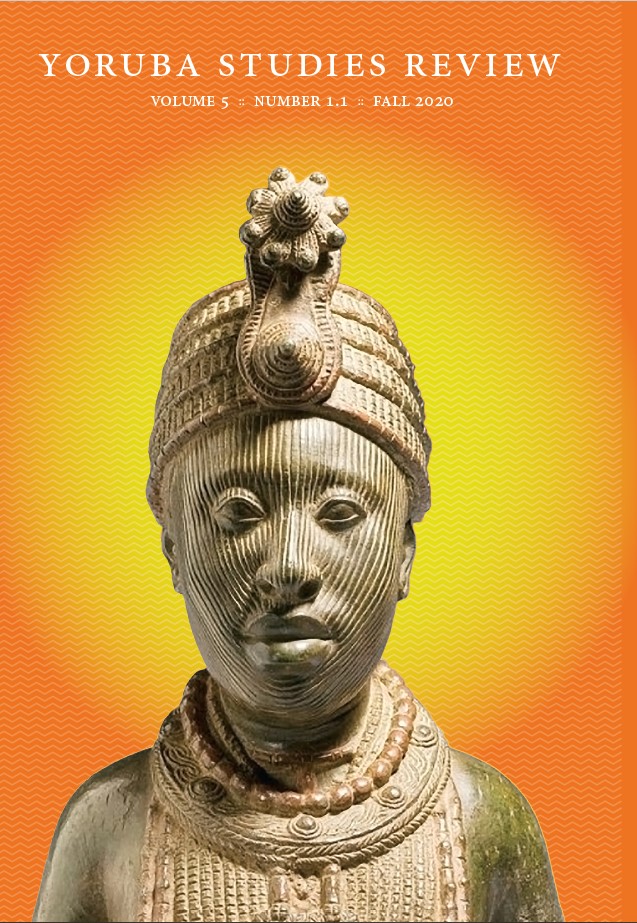Abstract
Denrele Adetimkan Obasa (1878-1948) was a great Yoruba poet in his own ́ right. It was he who provided ‘the link between traditional beliefs and writing in the modern vein.’2 The three volumes of Yorùbá poetry produced by him between 1927 and 1945 had a great impact not only on the adults who were impressed by the wealth of traditional sayings in his poems, but also on the school children who were made to learn some of the poems by heart.3 In this paper I intend to answer the question: In what does Obasa’s greatness as ̣ a poet consist? In the Ìjúbà (prologue) to Iwe ̀ ́ Kinni ́ ́ Awo ̀ n Ake ̣ wi, he writes: ̀
O di odụ ́n mó ̣kànléló ̣gbò ̣n nísisiyi (AD 1896) ti mo ti be ́ ̀ ̣re si ̀ ś aạ ́yan kíko -̣́ jo ̣ àwon o ̣ ̀ ̣rò ̣ ogbo ̣ ́ ̣n àtaiyebáyé ti àwon baba n ̣ ́là wa, tí i máa hán jade nínú orin, ègè, rárà, ìjálà, ìpesạ ̀, àròfò ̣, oríkì, ìlù, fèrè àti àgbékà ò ̣ro ̣̀ won…̣ (Obasa 1927: i)
(For the past thirtyone years (1896-1927) I have been assembling Yorùbá traditional sayings which embody the wisdom of our fore-fathers. Tese sayings are found in songs and in various forms of Yorùbá poetry; egè, ̀ rará , i ̀ ̀jála, i ́ pè sạ , à rò ̀fo, ori ̣̀ ́ki, and in the language of the drum and the ̀ fute.)

This work is licensed under a Creative Commons Attribution-NonCommercial 4.0 International License.
